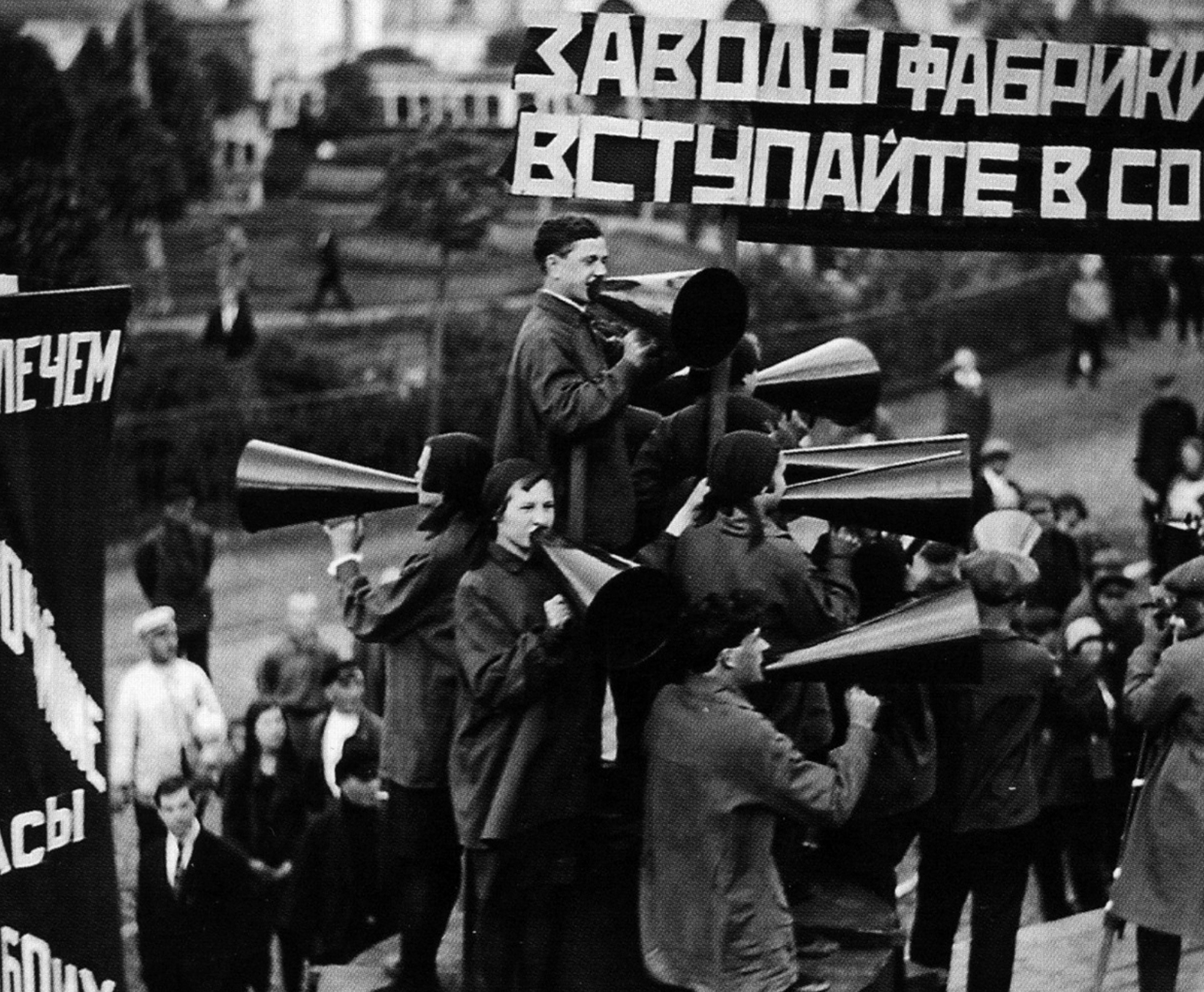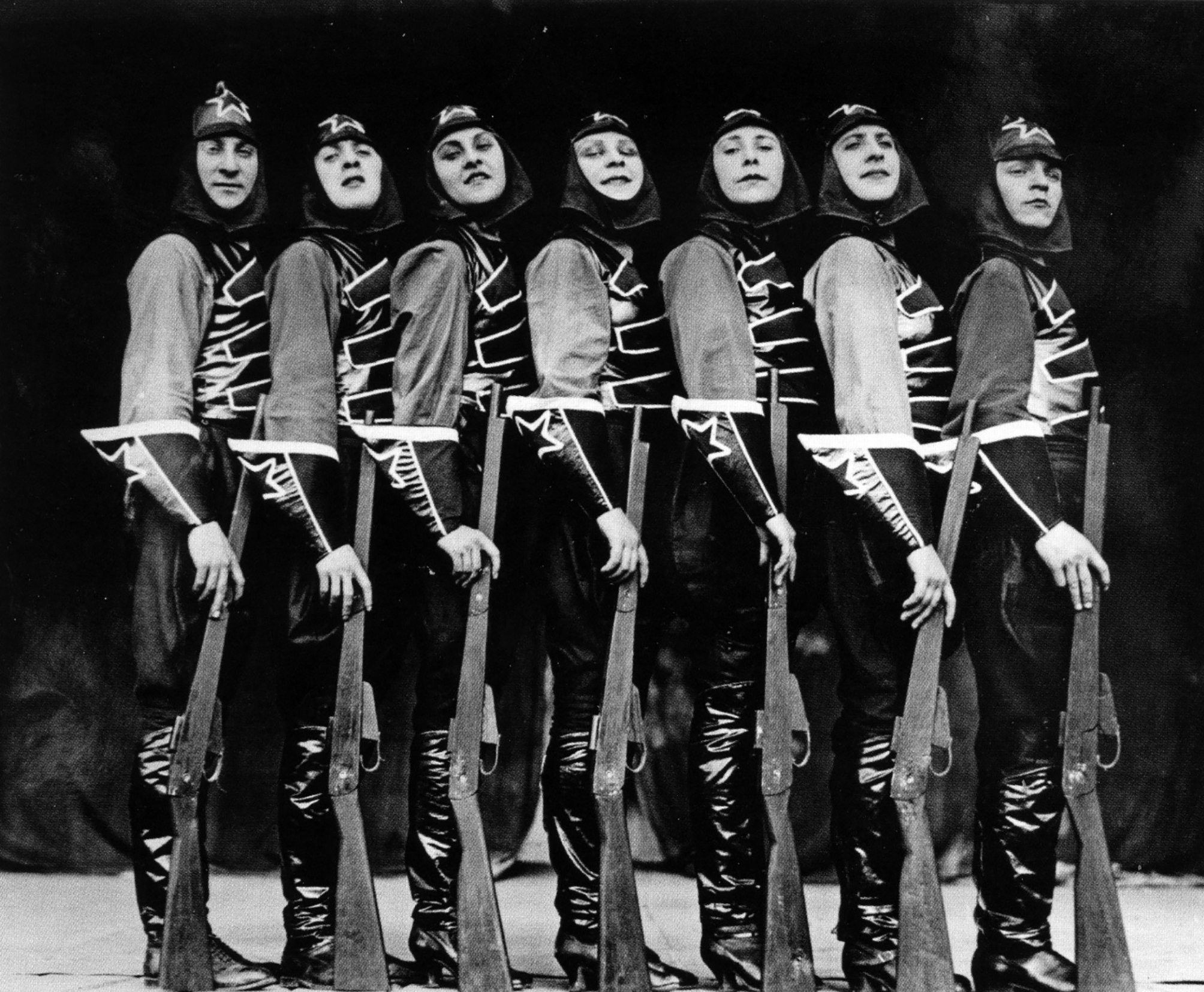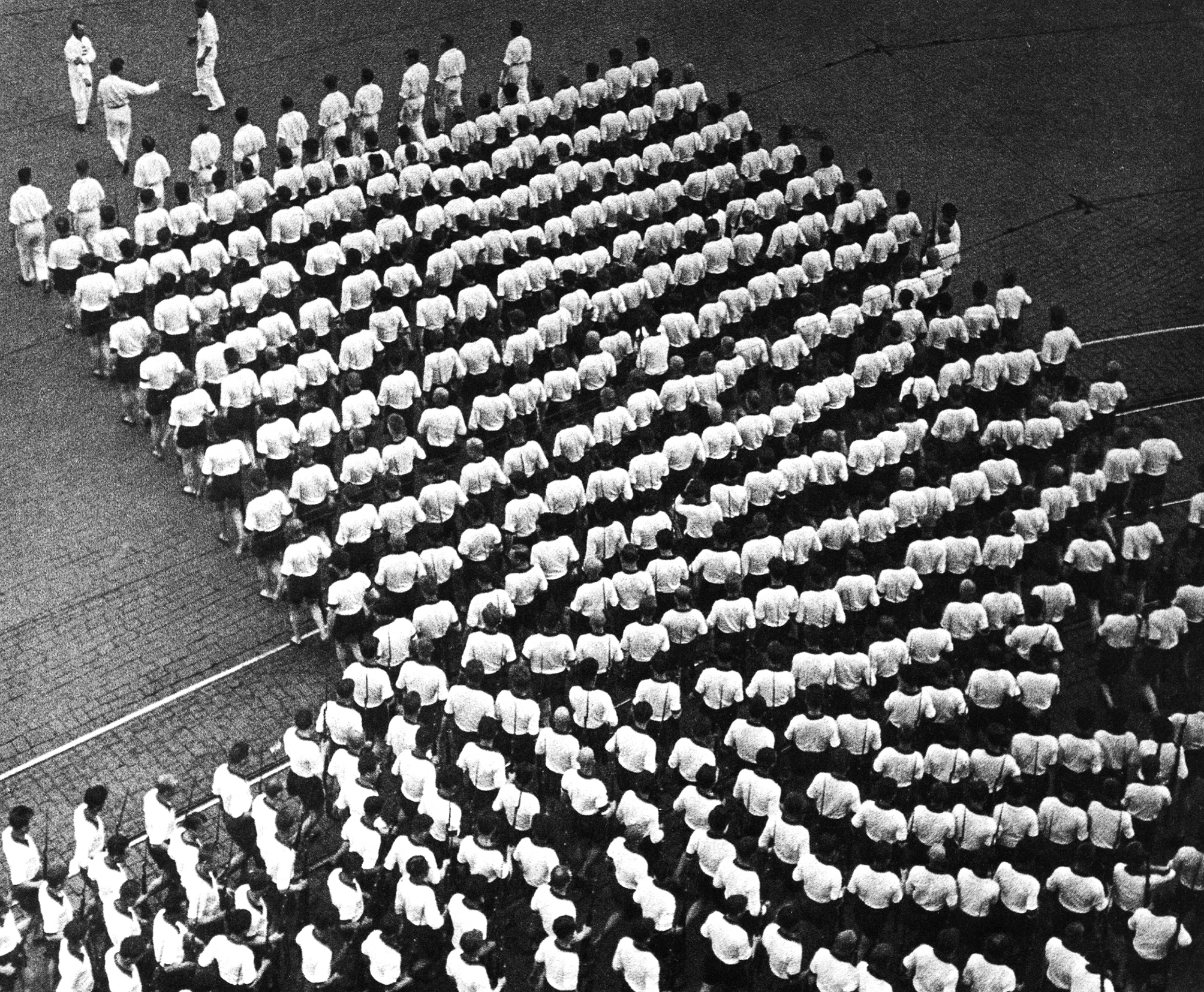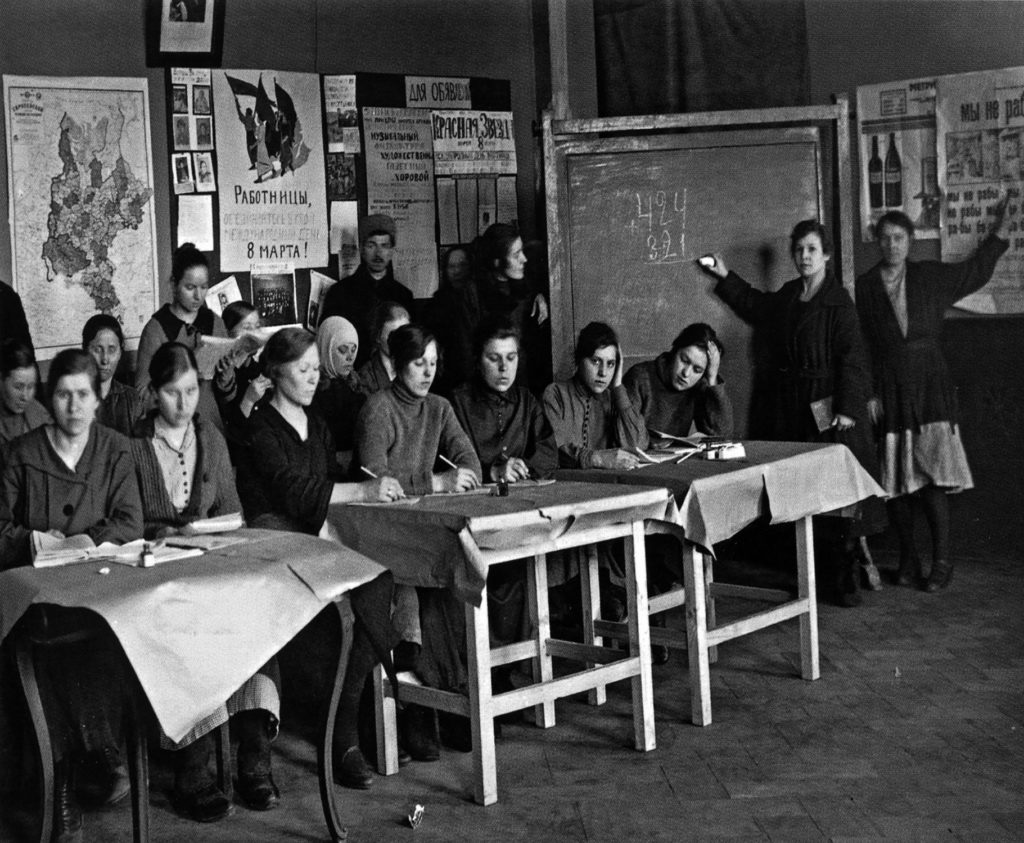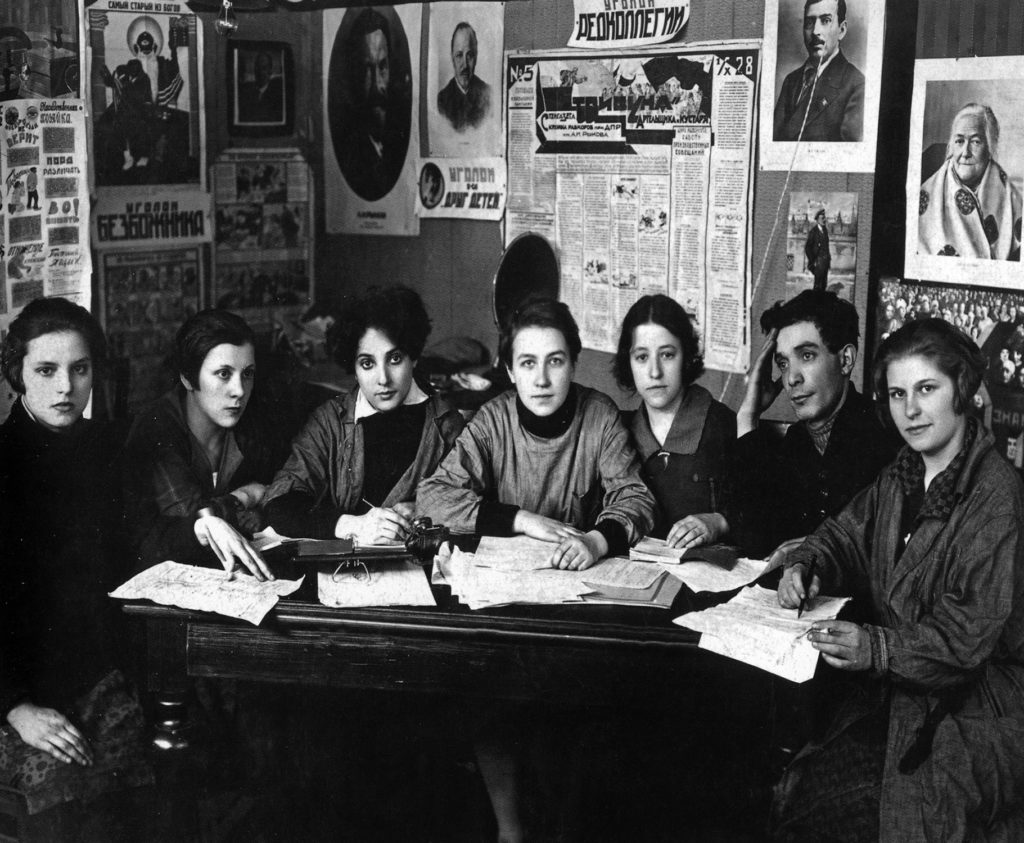Byt encompasses all the following English terms “daily life”, “domesticity”, “lifestyle”, “style of life”.
With the revolution and the problem of constructing a new socialist society, the word byt assumed an increasingly political significance. (…) With the end of the civil war, the following period of capitalist economic recovery known as New Economic Policy (NEP), and the reconstruction of Soviet political and civic life, the issue of byt began to be directly addressed.
(…)
A key issue in the problem of byt was women’s oppression.
Engels wrote: “a wife is to her husband in the domestic sphere as the proletariat to the capitalist”.
(…)
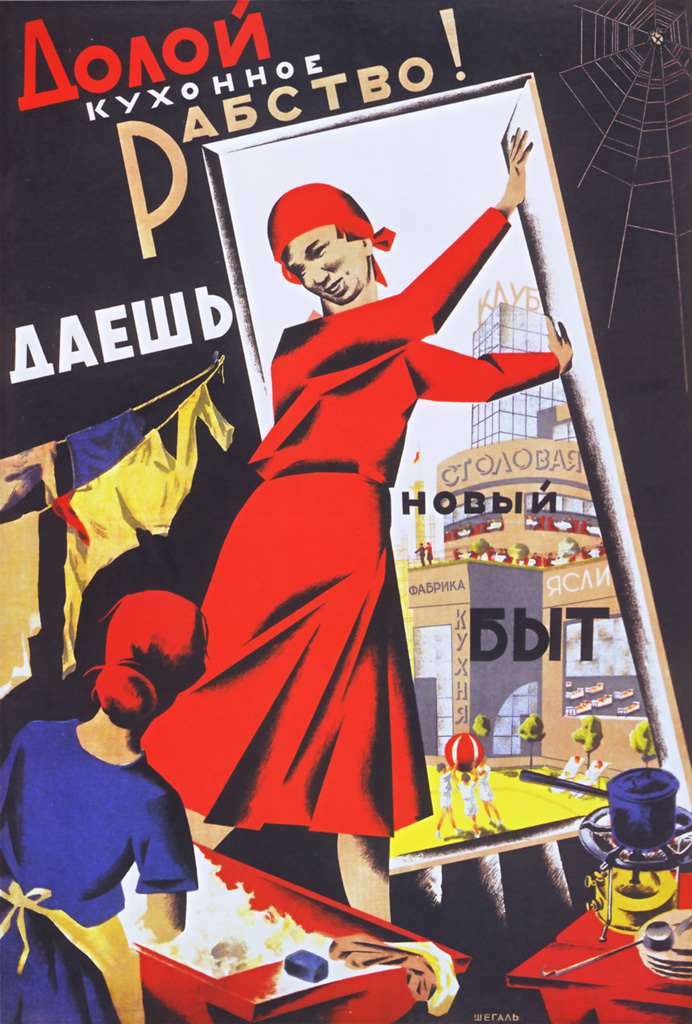
As the domestic sphere was the locus of the battle against petit bourgeois values inhabiting the establishment of socialism, the issues of homemaking, domestic hygiene and taste became of paramount importance.
A radical reform of the family and, more generally, of the whole order of domestic life requires a great conscious effort on the part of the whole mass of the working class, and presumes the existence in the class itself of a powerful molecular force of inner desire for culture and progress. A deep-going plough is needed to turn up heavy clods of soil. To institute the political equality of men and women in the Soviet state was one problem and the simplest. A much more difficult one was the next – that of instituting the industrial equality of men and women workers in the factories, the mills, and the trade unions, and of doing it in such a way that the men should not put the women to disadvantage. But to achieve the actual equality of man and woman within the family is an infinitely more arduous problem. All our domestic habits must be revolutionized before that can happen. And yet it is quite obvious that unless there is actual equality of husband and wife in the family, in a normal sense as well as in the conditions of life, we cannot speak seriously of their equality in social work or even in politics. As long as woman is chained to her housework, the care of the family, the cooking and sewing, all her chances of participation in social and political life are cut down in the extreme.
Leon Trotsky: “From the Old Family to the New” Pravda 1923
